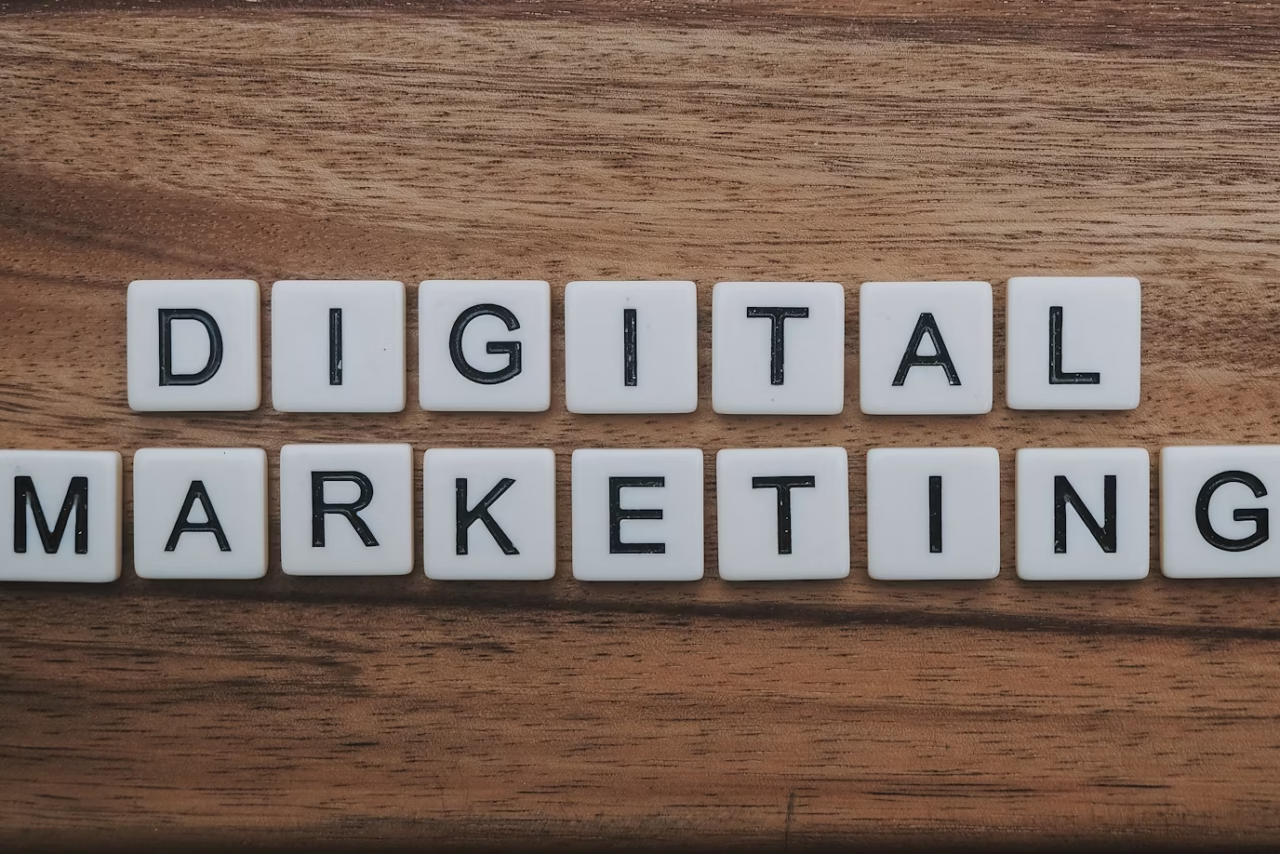
What Digital Marketing Will Look Like in 2030 — And What It Means for Real Estate
The year 2030 has arrived and you are definitely not the traditional real estate marketer who deals only with a list of properties—you have changed to the new version of your career, which refers to the latest stage of its immersion into the online realm through advanced digital marketing strategies.
Agents are those who can create unbelievable immersive experiences, customized communication, and predictive analytics that their clients certainly did not expect. It’s obvious that real in-person marketing is disappearing, but what is replacing it is the real estate digital industry.
1. In digital marketing : Hyper-Personalization Will Be the Standard
Forget generic email blasts. By 2030, personalization won’t just mean using a client’s name in a subject line—it’ll mean delivering custom content, listings, and offers based on behavior, preferences, and even emotional triggers.
Real Estate Impact:
Think of a buyer being able to tour a virtual villa in Marrakesh that is perfectly tailored to their style, budget, and the area they prefer—without even having to ask for it.
The use of AI-augmented CRM systems and customer behavior mapping tools will result in the transformation of moments of less closeness into even more hot relationships at once, the future of digital marketing
2. Immersive Experiences: Virtual is the New Reality
In the years from 2021 to 2030, VR and AR will be a completely common technology, not just a concept that we have seen in some space-fit film.
Besides, customers will have the ability to visit a property, arrange their own furniture using AR, and sign all the necessary paperwork online.all part of a seamless digital marketing experience tailored to their journey.
Real Estate Impact:
To keep up with the ultra-modern market, real estate companies must provide customers with virtual reality-driven 3D tours and digital AR location layout. Otherwise, it is highly likely that they will fall behind in the race to the top.
3. Predictive AI Will Anticipate Buyer Needs
If you are to keep your head up with the new changes, you’d better forget reacting and evolve to be able to predict the needs of your clients without mistakes.
What they will be doing is passing the time by social media simulator of the future, predicting future trends and what will be the next buy from the brand.
Real Estate Impact:
You will be able to tell your clients: “These are the properties you will love, and we have already arranged the visits according to your availability and preferences.” Smooth process. Highest advantage.
4. Conversational Marketing Will Be 24/7
In the future, there would be no waiting for hours to get responses to your emails. Indeed, AI chatbots, voice assistants, and smart messaging apps are technologies that can facilitate things from the marketing perspective.
Real Estate Impact:
Imagine this: a bot who has a keen understanding of your properties as if it were human, and it is multilingual, and it also nurtures clients in the middle of the night.
Convenience is the new advantage in competition.
5. Zero-Click Content Will Rule Search in Digital Marketing
When the AI, in collaboration with smart assistants, gives the summarized version of the content, the users will tend to do away with clicks in order to get the information to answer their questions.
It’s important here to answer that voice search will become the next big thing in the development of search engines and the question may still not be answered.
Real Estate Impact:
Listings and blog posts should be voice-search-ready and appear at the top of search engine result pages, and the trick? The posts benefit from the inclusion of the most covered locations in natural sentences i.e. “best family-friendly neighborhood in Marrakech” or “Luxury beachfront homes near Tangier.”



